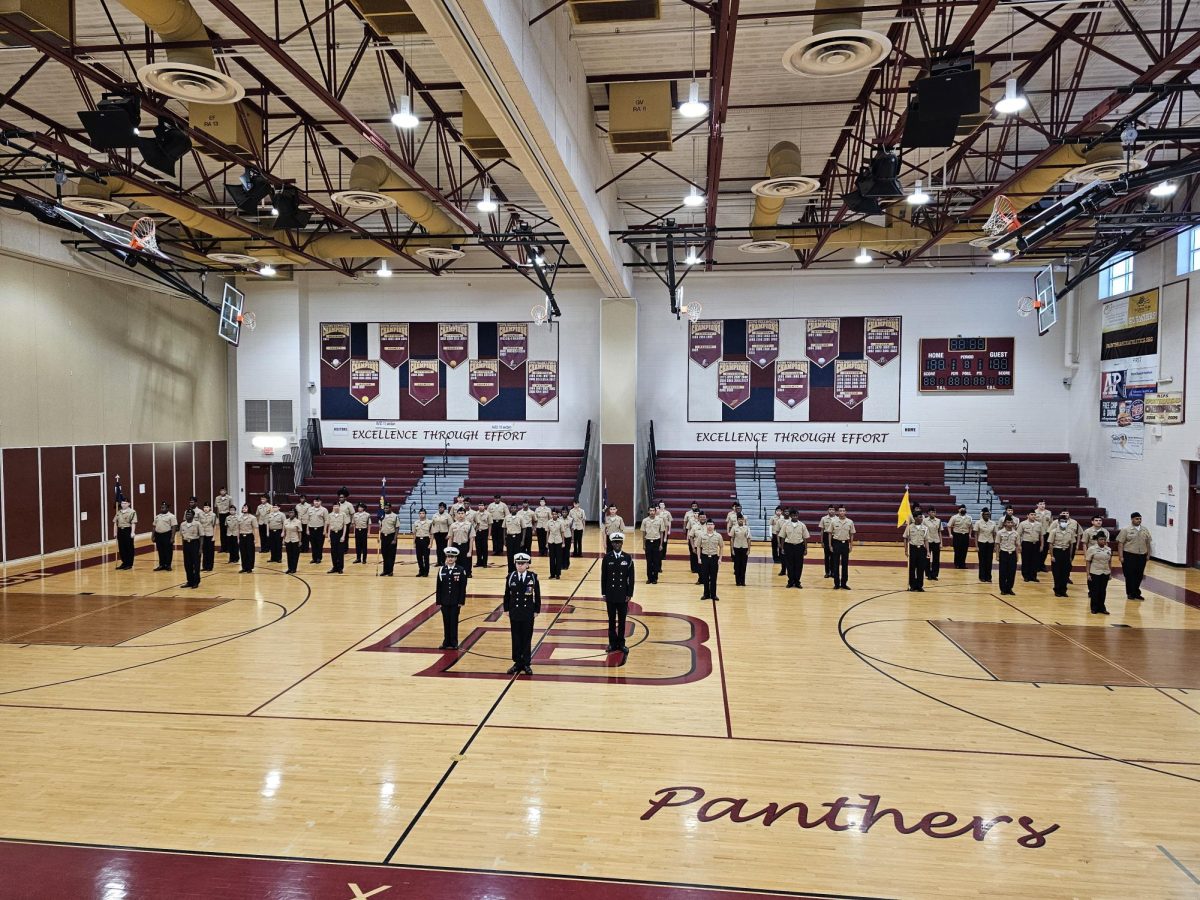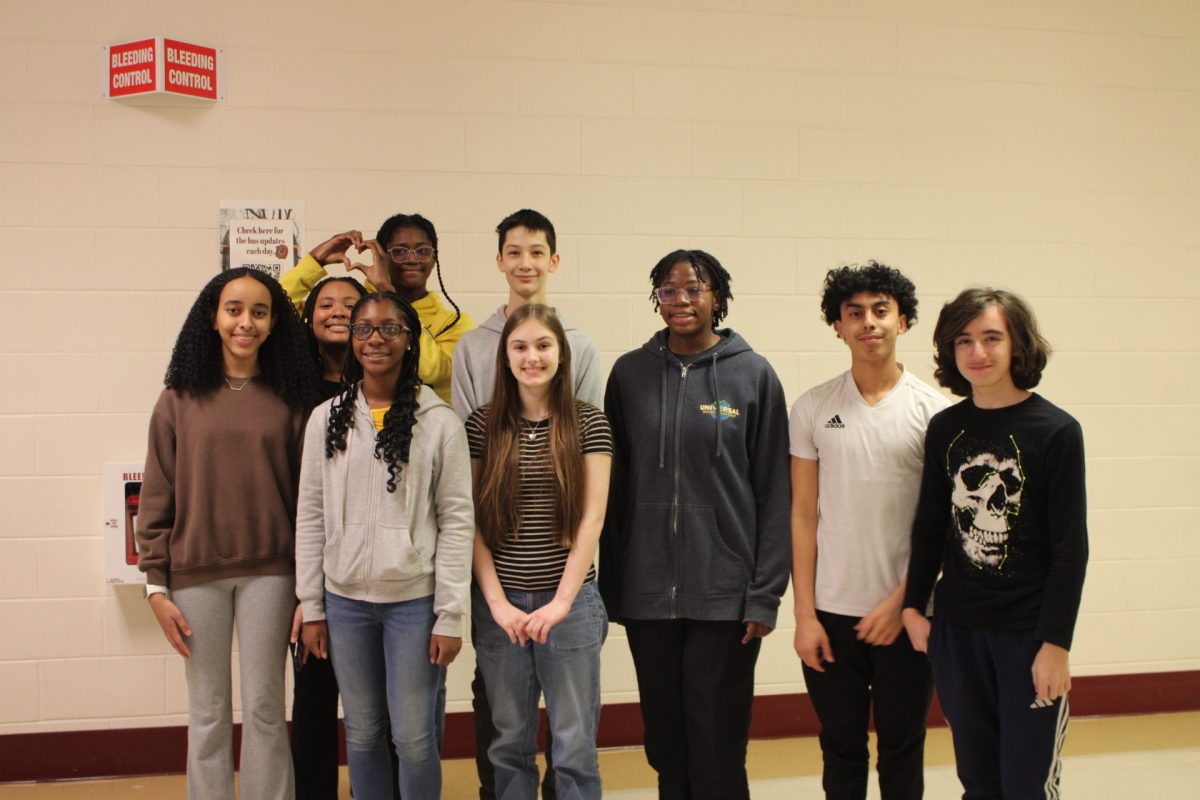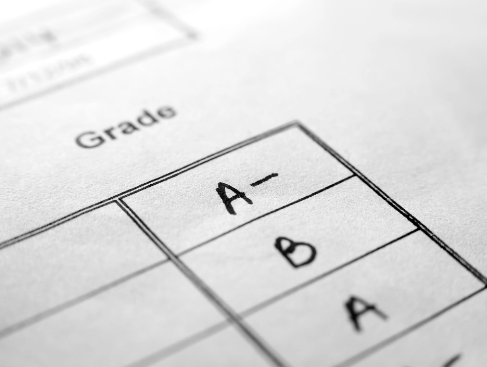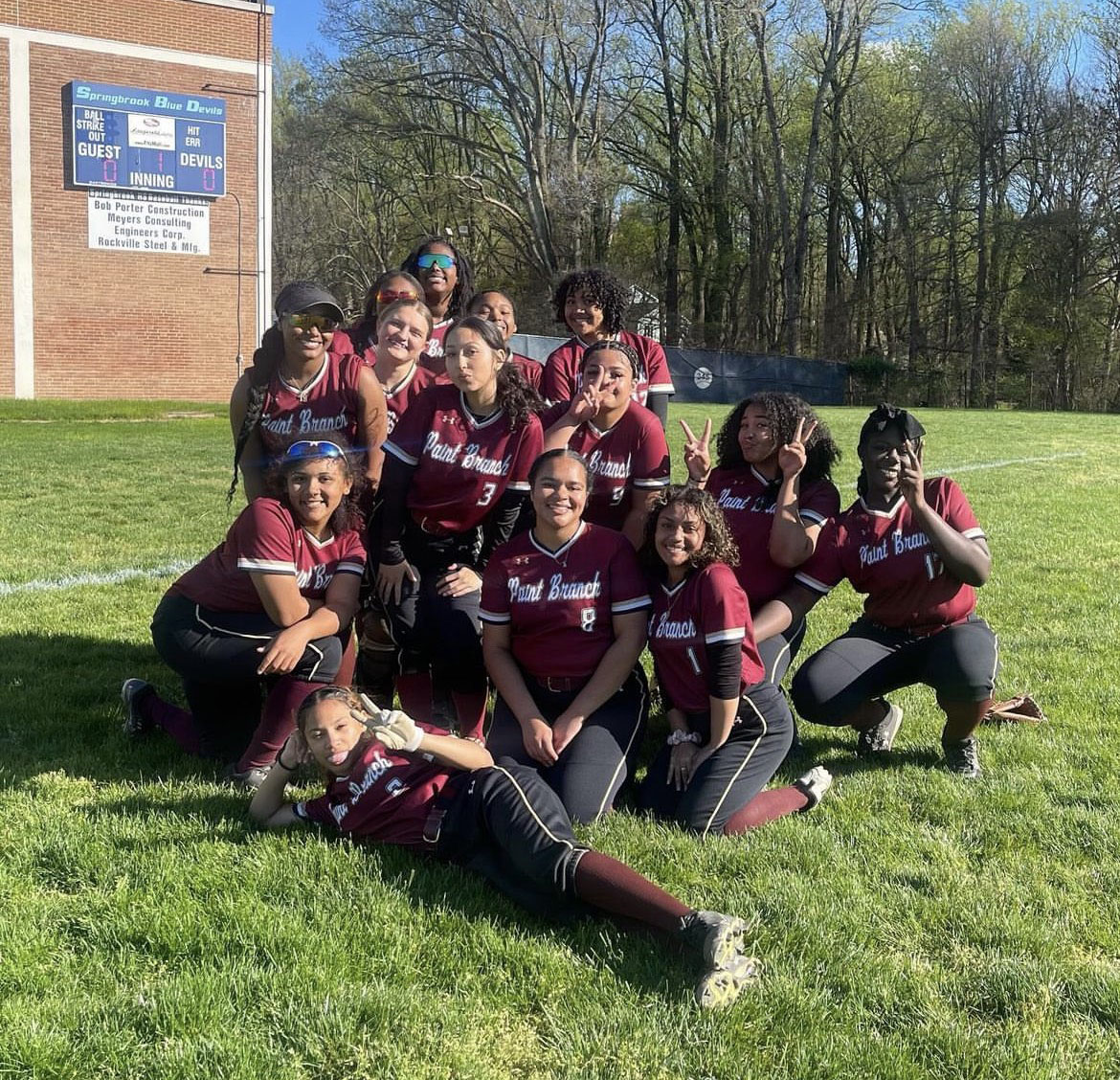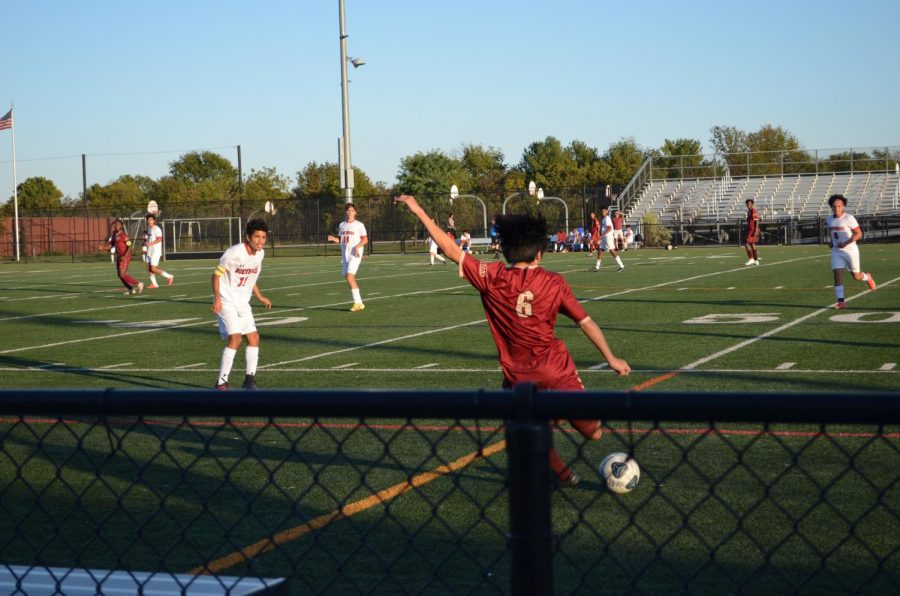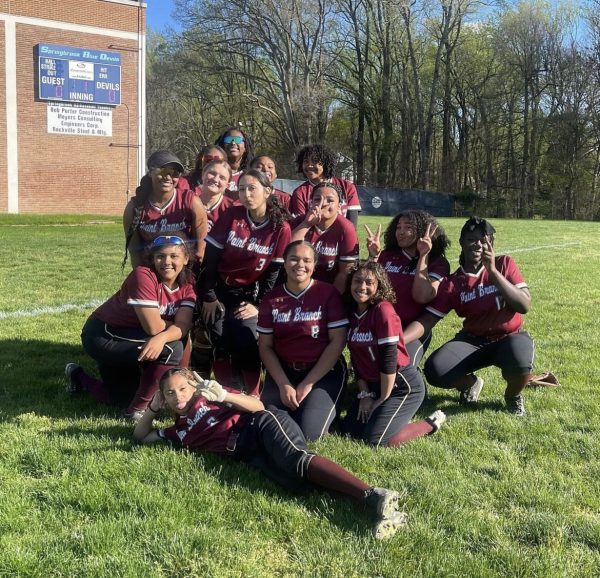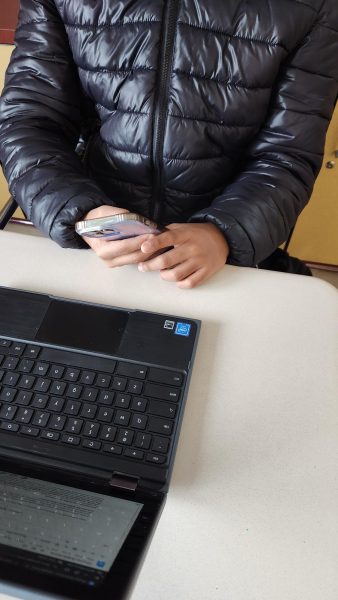Recommendation or Requirement
April 2, 2015
Have you ever felt that some assignments aren’t meant to be graded as a measure of your ability, intelligence, or skill? The truth is, students should not be graded on obscure assignments such as how to take notes, warm-ups, or participation.
Every student has taken notes at some point in life. Cornell Notes is a popular form of note taking within Paint Branch. However, it doesn’t mean that it’s suitable for all students. Keil Jacobs, a teacher from Witchita State University, did an experiment in 2008 on the comparison of Cornell note taking with guided note taking with his two classes. His results were that guided note taking is more effective when information requires knowledge, recall, or basic comprehension, whereas the Cornell method is more effective when synthesis, application, or evaluation is required. Regardless, what’s most important is what the student feels comfortable with. If a student likes taking notes regularly, or even just mentally, he or she should be encouraged to work that way. Student notes are his or her thinking process on a sheet of paper. What should be graded is not how a student processes the information, but if the student comprehends.
A student shouldn’t be graded on warm-ups because the knowledge previously obtained isn’t fully brought back. Will Thalheimer, PhD, a writer on willatworklearning which is a website that has blogs about intriguing subjects related to education, did an experiment on how much people forget and concluded that the amount of information a learner forgets varies, but it between 0 to 73%. Being graded on approximately 27% more or less knowledge is unfair. On the forums a to z teacher stuff, a place which teachers come together and blog, and one writes about how irrelevant and pointless grading warm-ups are. One teacher says, “I spent too much time this year simply grading the warm-ups students do at the beginning of class. And I felt it was mostly pointless, because by the time I collected them, the students mostly just copied them from their partners without really reading them.” Warm-ups often give free points to students which promotes a false measure of how well the student comprehends that specific subject.
Participation does not show a student’s comprehension of a subject. A grade being on the line should not force a student to talk or not to talk. Maryellen Weimer, PhD and an editor of The Teaching Professor Blog which showcase weekly post such as: the scholarship of teaching and learning, classroom policies, active learning, assessment, generational differences, and student performance, said, “The practice encourages the making of points to get points. It does not teach students the value of in-class discussion or their responsibility as members of a learning community.” Promoting participation is great, but doing it the wrong way is not so great.


